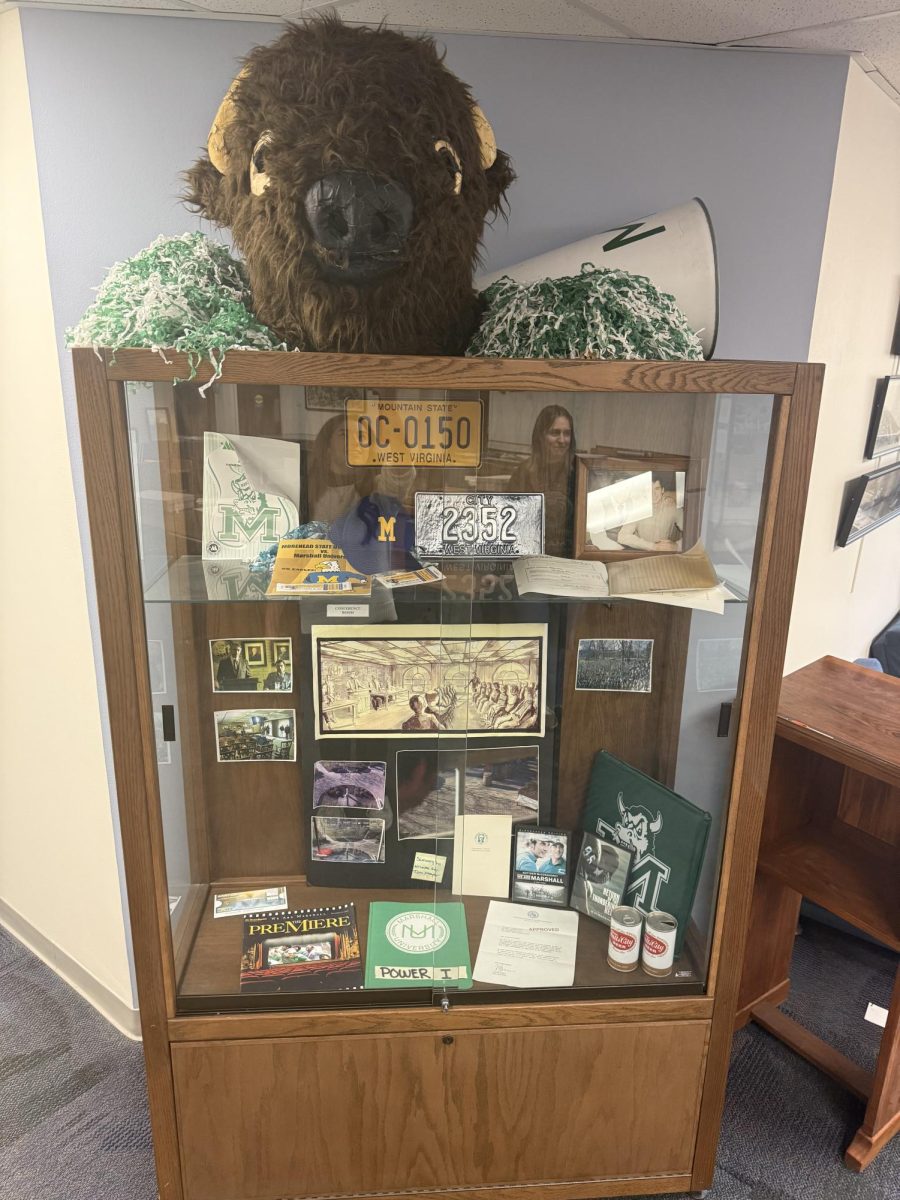Support group to study and assist victims of sexual assault
September 11, 2017
Kim Kocak created a support group for victims of sexual assault at Marshall University. Sexual Assault Survivor Skills, or SASS, is an eight-week program that focuses on coping skills and healthy ways to deal with the trauma experienced after sexual assault.
Kocak, a graduate student at Marshall, contacted the Northwoods Foundation in Dublin, Ohio to assist her with a research component of the support group.
“The participants will be asked to wear a fitness tracker that measures heart rate and sleep,” Kocak said. “This is part of the cognitive behavioral therapy skills and mindfulness approach. This will help the individual start to understand and measure their body’s response to what triggers an emotional and physical reaction.”
Kocak said she hopes to help participants take control of their emotions and move forward from the assault. She said she wants to give these women their voice back.
Sydnee Baker-Combs, counselor at Marshall’s Counseling Center, assists Kocak. Baker-Combs fulfils the role of a licensed counselor that groups like these require. She is there for crisis management in case the sessions become too triggering or emotional for members.
Each week, the members will meet for two hours to practice a different form of therapy, including journaling, art therapy and meditation.
“The group will work to build up the students’ coping skills to address their triggers and intrusive thoughts,” Baker-Combs said.
Every member will also need to attend individual counseling at the Counseling Center, Baker-Combs said.
Kocak survived childhood sexual assault, which she said partially inspired her to create this program.
“When I tried to get help, there really wasn’t anything that could have any good outcomes. Everyone wanted to medicate me,” Kocak said.
She said a healthy mixture of group and individual therapy, as well as learning about physical mindfulness, self-care and identifying triggers will help these women feel empowered and overcome their trauma. In Kocak’s opinion, medication alone almost never produces positive results for these situations.
If the initial eight-week program is successful, Kocak and Baker-Combs said they want to continue with new groups of women. Kocak is still in the process of securing the research component, but she said even if that aspect does not work, the therapy will go on for the current group of women and future ones.
“If this works, I want to spread the love,” Kocak said. “And if we can teach other people this model, we can have it in other places in the community, not just for Marshall students.”
While the recent reports of sexual assault on campus worry her, Kocak said it will not affect the program, as each participant must be at least one year post-trauma and not actively suicidal.
The support group meets for the first time Oct. 11, and it will conclude meetings on Dec. 6. Before students can be admitted, they must be interviewed by a counselor at the Counseling Center, and the group is limited to 10 members each cycle.
Amanda Larch can be contacted at larch15@marshall.edu.












